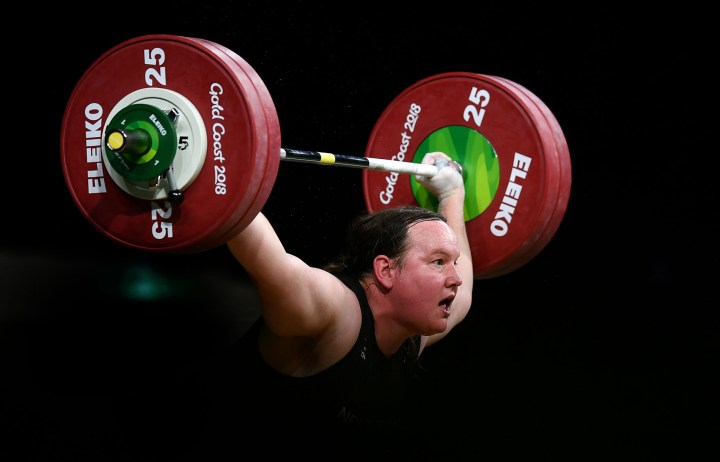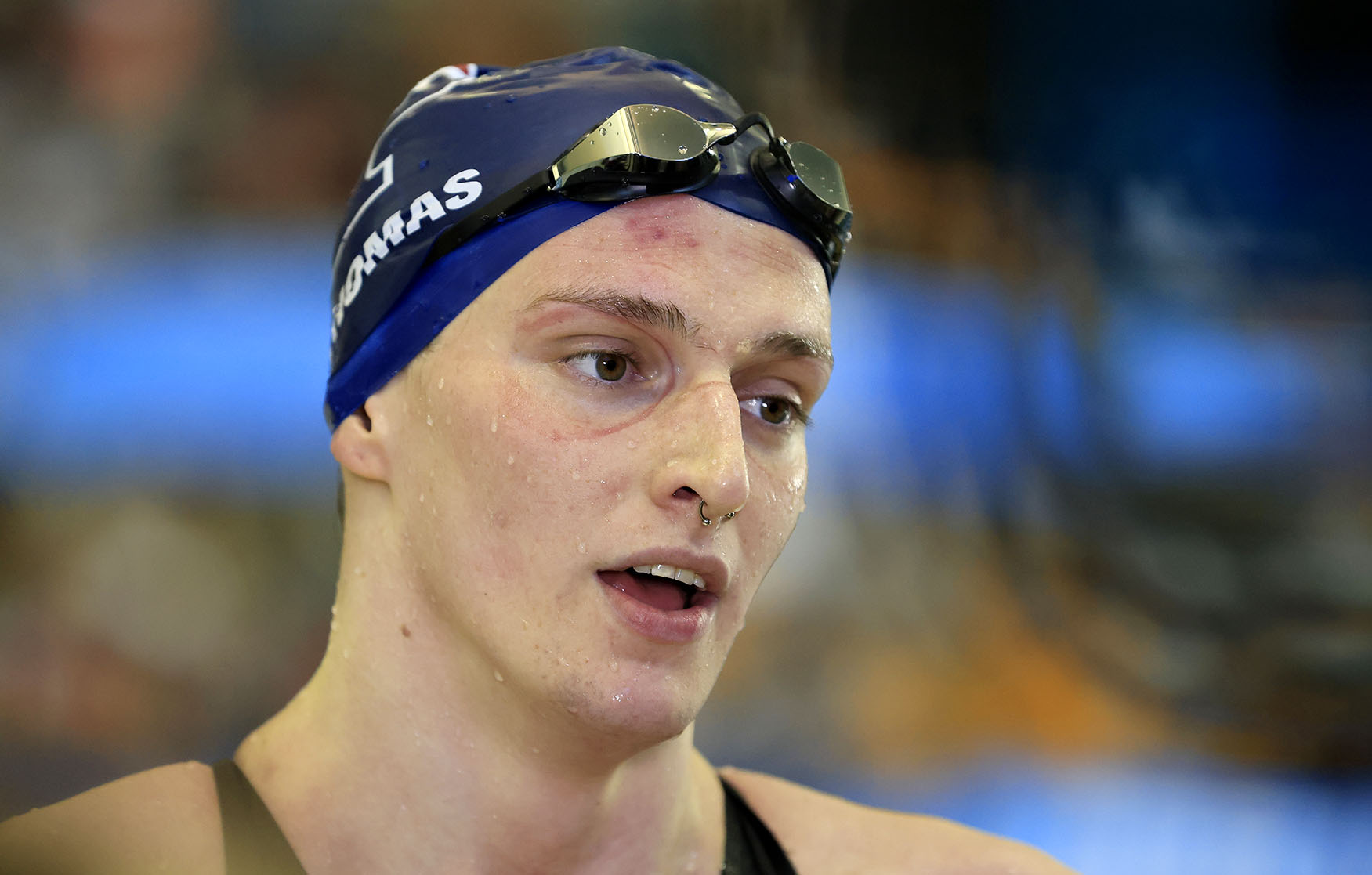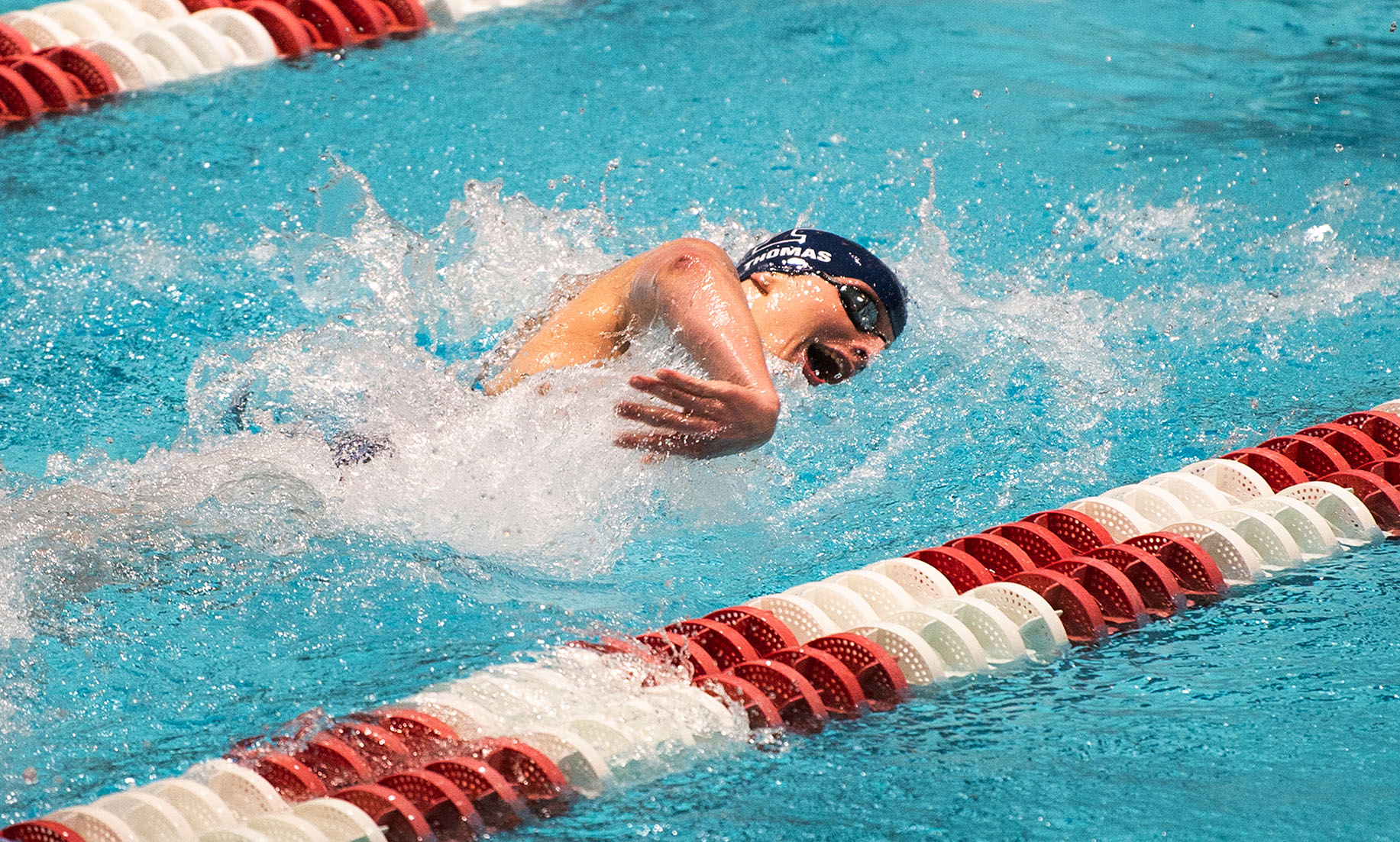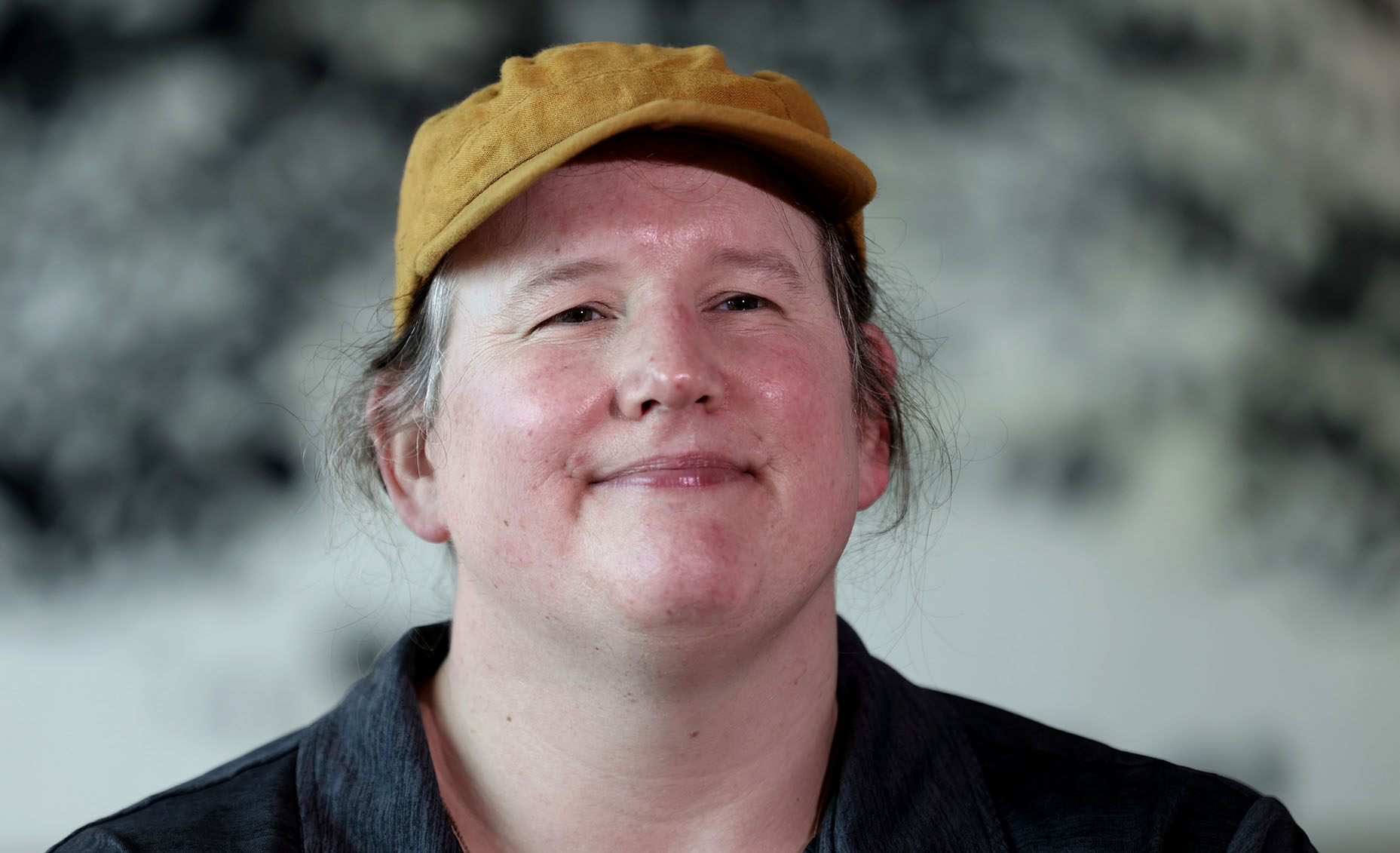THE CONVERSATION
How world sport got into a mess over trans athletes – and how it can get out of it

The debate over transgender athletes competing in female events continues to rage with increasing calls for an ‘open’ category.
World sport has been convulsed over the past few months – indeed years – by questions about trans athletes, especially trans women, competing in their acquired gender.
Most recently, World Athletics announced its “preferred option” of a reduced 2.5nmol testosterone limit for trans women to compete, with a final decision due on 23 March.
Other sporting bodies have proposed stricter eligibility rules, including the Rugby Football Union, the Rugby Football League, British Triathlon and British Athletics, based on excluding male advantage gained through puberty or “androgenisation” (the process leading to irreversible musculoskeletal and cardiovascular changes at puberty) from female competition.
Like British Athletics, British Triathlon said it wanted an “open” category for “all individuals including male, [male and female] transgender and those non-binary who were male sex at birth”, while World Aquatics will make trans women athletes ineligible from competing in elite women’s swimming and diving, saying “fairness was non-negotiable”.

Transgender woman Lia Thomas of the University of Pennsylvania after winning the 500-yard freestyle at the NCAA Division | Women’s Swimming and Diving Championships in Atlanta, Georgia, on 17 March 2022. (Photo: Justin Casterline / Getty Images)
Tensions are still very apparent, but there are some signs, with these new policies, of a shift on global policy from one based on testosterone levels to one based on male advantage acquired at puberty. And it is clear that the terrain has been shifting from the terrain of science to the terrain of ethics.
One new development has been a sort of quietening on the scientific front. Although you still get the odd piece trying to make the claim that testosterone suppression can remove male advantage, most of the serious people in the debate have given up on this claim.
A systematic review of studies showed that, even if hormone therapy reduces levels to those seen in women, strength, lean body mass and muscle area remained higher for at least three years. And we always knew that the skeletal advantages remained.
This has led to an attempt to re-engineer the idea of “fair competition” itself. Some tend to argue that, even though trans women have residual male advantages, it can still be reasonable for them to compete in the female category: something that proponents are now calling “meaningful competition”.
Fair competition or ‘meaningful’ competition?
Setting the new terrain here is the International Olympic Committee (IOC), which, following the researchers Joanna Harper and Yannis Pitsiladis, has given its blessing to the twin ideas of “meaningful competition” and “disproportionate advantage” in its policy documents.
The general idea is that, if the advantage held by trans women is sufficiently small, so that they won’t win all the time, then it is permissible – and “meaningful” – for them to compete in the female category.

University of Pennsylvania swimmer Lia Thomas in the 400-yard freestyle relay at the 2022 Ivy League Women’s Swimming and Diving Championships in Cambridge, Massachusetts, on 19 February 19 2022. (Photo: Kathryn Riley / Getty Images)
But there are at least three big things wrong with this approach, or so I’ve argued. The first is that what matters about male advantage is not just its size but the kind of advantage it is.
There are two types of advantage in sport: competition advantages and category advantages. Competition advantages are the sorts of things that we let play out in sport: who is the most skilful, or fastest, or the best tactician? And, yes, sometimes, we are interested in who has the biggest genetic gifts, like the lung capacity of cyclist Miguel Indurain or the wingspan of swimmer Michael Phelps – and what they can do with it.
Category advantages, on the other hand, are those that we control for, through categories. Some of these are between sports – like between e-bikes, motorbikes and road bikes, or between different formulae in motorsport.
The more obvious ones are age, weight and sex categories. These categories exclude certain sorts of advantages by definition. If you want to allow these advantages, you must do away with the category itself. You can change how you categorise. We could shift male advantage from being a category advantage, for example, to a competition advantage.
But, since few people want to do away with female sport (at least explicitly), male advantage must be excluded from it. The so-called “Phelps gambit” – the idea that Phelps’s natural body shape gave him “unfair” advantages within his category, and therefore we should accept the male advantages of trans women in the same way – doesn’t work, because we don’t classify for Phelps advantages; they are competition advantages. But male sex advantages are category advantages.
Need for fair competition
The second big mistake is that the IOC misunderstands fair competition. Fair competition doesn’t mean that no one ever dominates – think Indurain, Phelps, Martina Navratilova and Usain Bolt.
Of course, we could organise a handicap version of every sport to allow, as near as possible, everyone to cross the line at the same time, so that who wins turns out to be arbitrary and at the whim of the handicapper. But our standard understanding of fairness in sport is a matter of processes (a “level playing field”) not outcomes (a “photo-finish”).
The third mistake is about the place of self-identity in categorisation. The IOC’s medical and scientific director, Richard Budgett, has endorsed the slogan “trans women are women”.

Laurel Hubbard of Team New Zealand after competing in the women’s weightlifting over-87kg division at the Tokyo Olympic Games on 3 August 2021. (Photo: Laurence Griffiths / Getty Images)
But you don’t need, for now, to make your mind up on whether the slogan is true or not, because, either way, the logic of the IOC approach is wrong. If the slogan is true, then trans women should be eligible for women’s sport without having to pass any further tests.
But if the slogan is false, then it’s difficult to see what motivates testosterone limits and tests, whether 10nmol or 5nmol or 2.5nmol, for two years, or three years or more, because women’s sport should only be for women.
Having looked at the science – and worried about the logic – World Aquatics, World Rugby, British Triathlon and British Athletics have come to more or less the same conclusion.
Everyone should be welcome into sport, of course, and everyone must have a fair category in which to compete. This can be done with a female category – which excludes anyone with male advantage – and an inclusive, open category for anyone who wants to compete in it.
With a few details to sort out, this is a solution for almost all athletic sports, which is maximally inclusive and fair to everyone. DM
This story was first published in The Conversation.
Jon Pike is a Senior Lecturer in Philosophy, The Open University.
Disclosure: Jon Pike is part of the advisory group for Sex Matters.


















Quote from Monty Python ” from now on, I want to be called Loretta “
WTAF?!?! The world is a mess! Castor can’t complete and she was born with genuine hormone imbalances yet some people want a category for 3 people who chose to compete in an easier category so that they can win by!
I support Caster too. Odd how African women are stigmatized and yet contortions to allow white men their rights, no matter how out of kilter. Do you ever hear of trans-women competing as men? No, obviously not because they are t a disadvantage, just as ex-men are advantaged.
I support trans- people. However if you want to change your gender then there are sacrifices, and one is you can’t be an athlete, also you can’t pee standing up anymore. While Caster, who is a woman, has to face all sorts of unfair tests and rules, the sporting world is convulsed by a few men who became women but sure didn’t lose their sense of entitlement. It is perfectly reasonable to exclude ex-men: if your sporting career is so important, keep your p*n*s. A form of ‘you can’t have your cake and eat it’. That’s life.